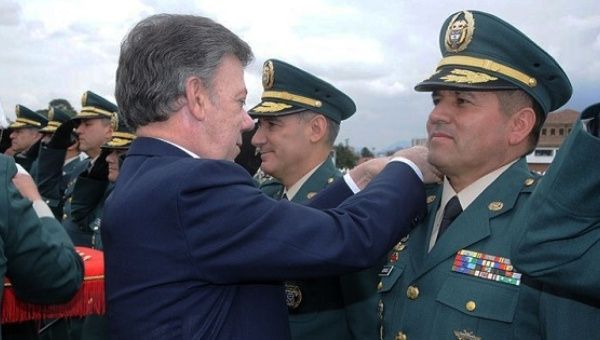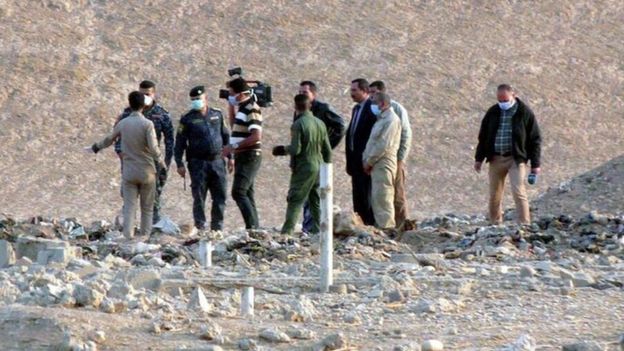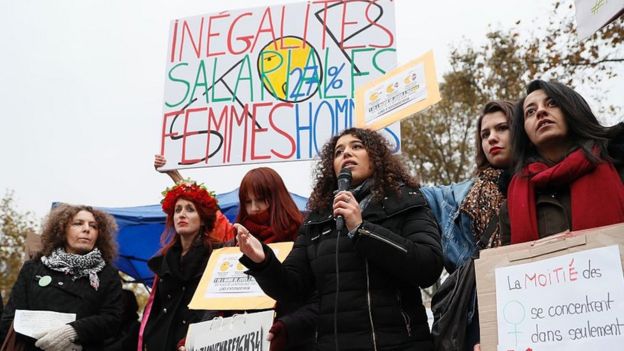By Cintia Garcia
Impunity Watch Reporter, South America
BOGOTA, Colombia—International NGOs, including Human Rights Watch (HRW) and Washington Office on Latin America (WOLA), are voicing their concerns over the Colombian government’s nominees for military promotion. The nominees include five senior officials that have been linked to credible evidence demonstrating their implication in extrajudicial executions and abuses. They will not be promoted until the senate approves the promotion.

Human Rights Watch linked credible and convincing evidence of the nominees’ involvement in abuse, forced disappearances and extrajudicial killings of civilians during the civil war from the years 2002-2008. The killings are known as ‘False Positives,’ in which civilians were killed or forcibly disappeared in order to increase the reported number of guerrilla fighters killed during combat. The military followed this practice for promotions and benefits. José Miguel Vivanco, the HRW director of the Americas stated, “The Colombian Senate should review these promotions carefully and ensure that any officer against whom there is credible evidence of abuses is not promoted.” He continued by emphasizing, “Otherwise, it would reinforce the longstanding message that senior officers in Colombia can get away with murder.” In addition, HRW, has found that many of the brigades, led by the commanders in line for promotion, were involved a number of these killings. In these cases, the commander of the brigade “at least knew or should have known about the wrongful killings, and therefore may be criminally liable.”
WOLA expressed similar concerns earlier in the year by sending a letter to Colombian officials. Adam Isacson from WOLA stated, “Colombia is finally nearing an end to its decades-long armed conflict, and is holding more and more human rights abusers accountable, but promoting these officials without first letting the criminal justice system do its work would represent a setback.”
Colombia has in the past convicted an estimated 800 low-ranking army members involved in extrajudicial killings. Yet, Colombia has failed in prosecuting high level military officials—instead they have been promoted to higher military ranks.
For more information, please see:
Telesur—Colombia Criticized for Promoting Corrupt Army Generals—16 January 2016.
Human Rights Watch—Colombia: Disqualify Criminal Suspects from Army Promotions—10 November 2016.








